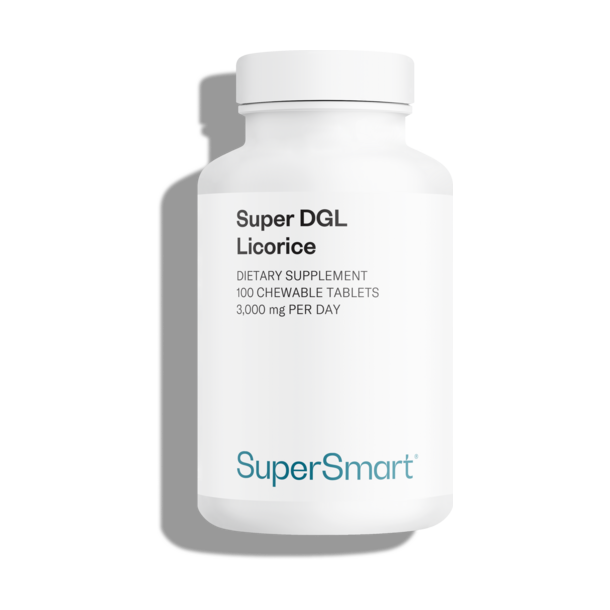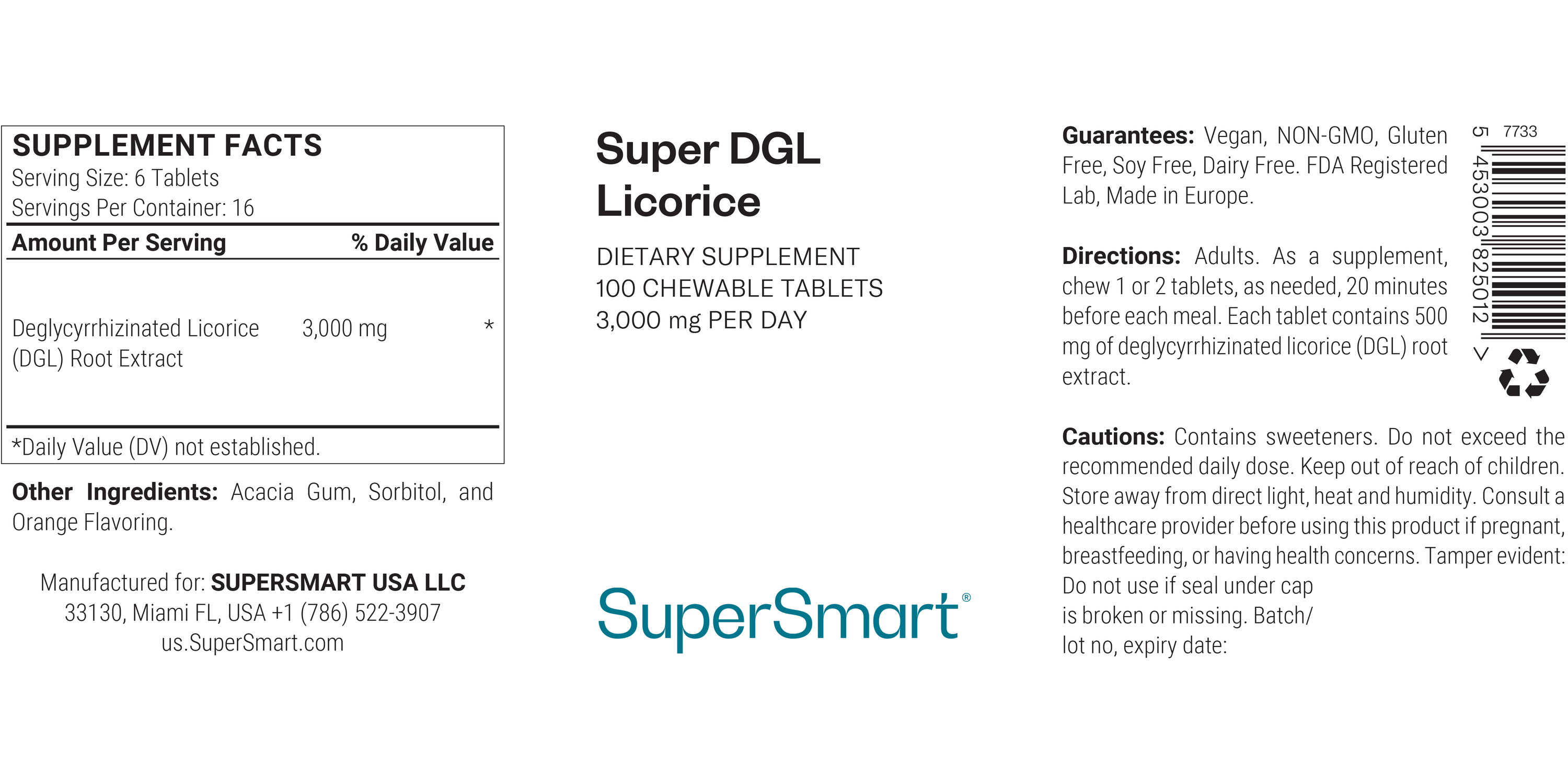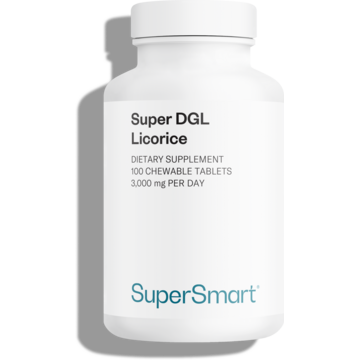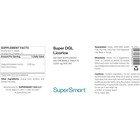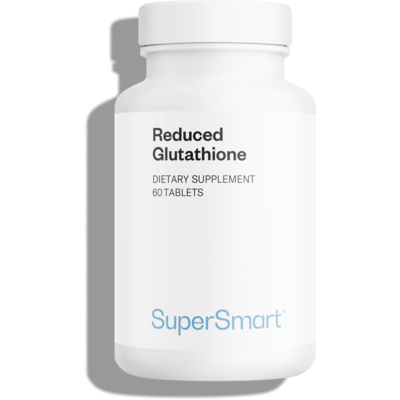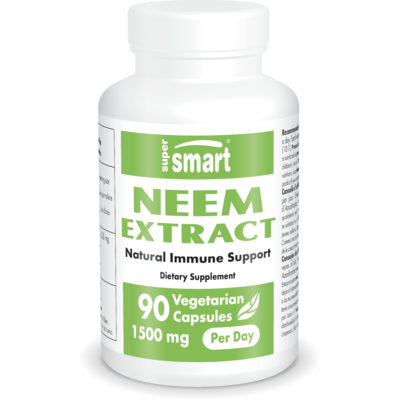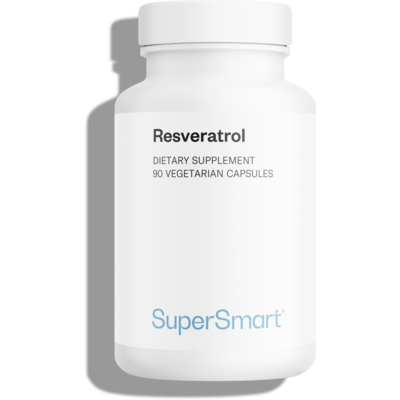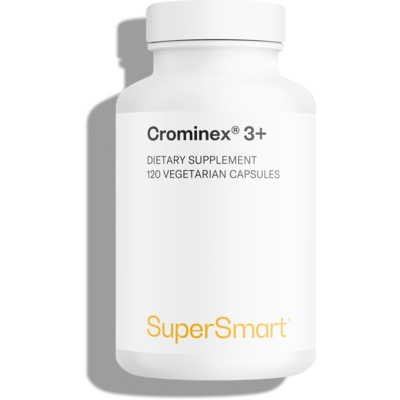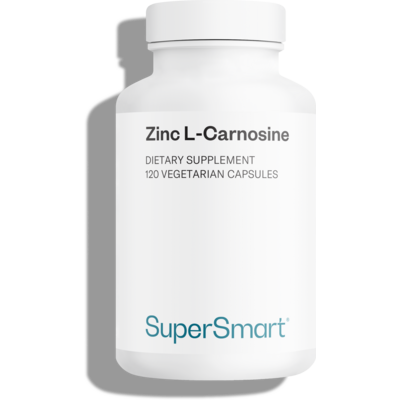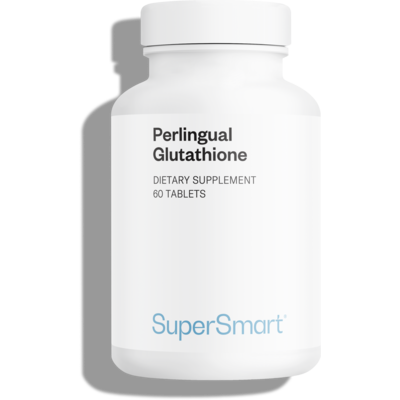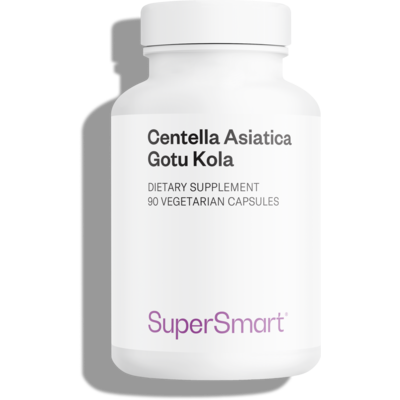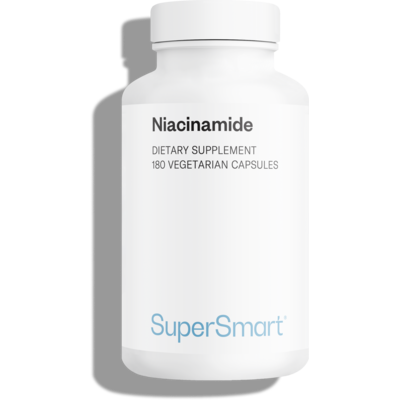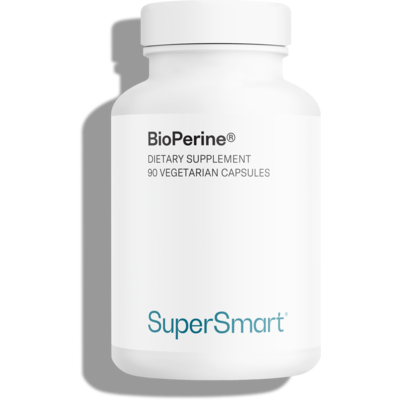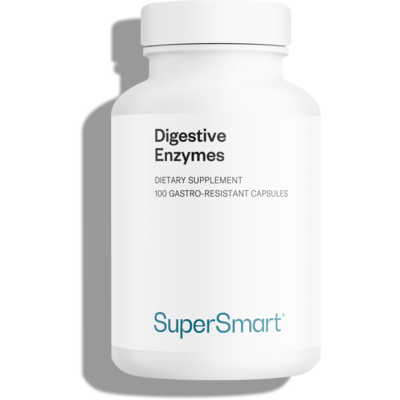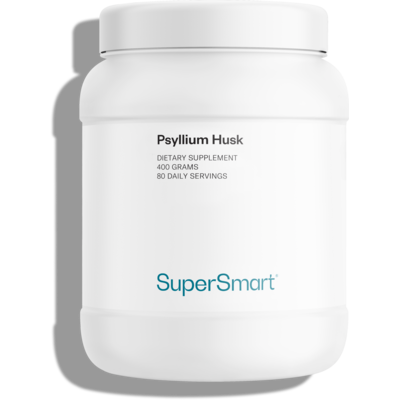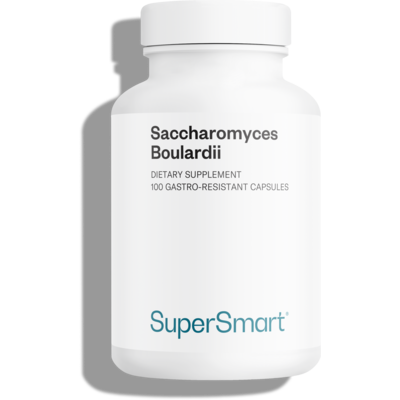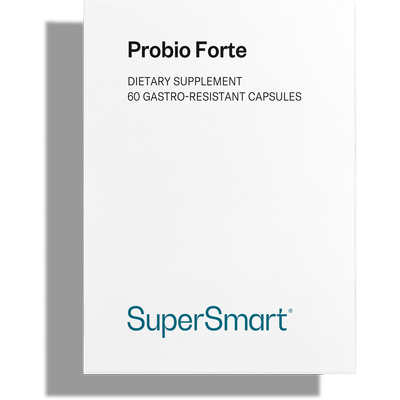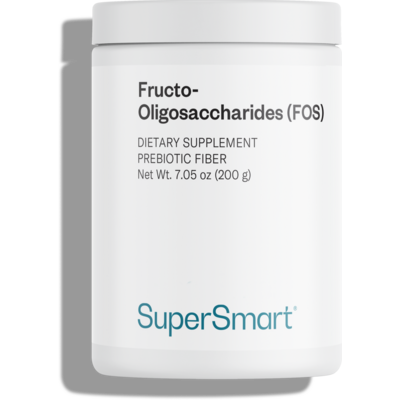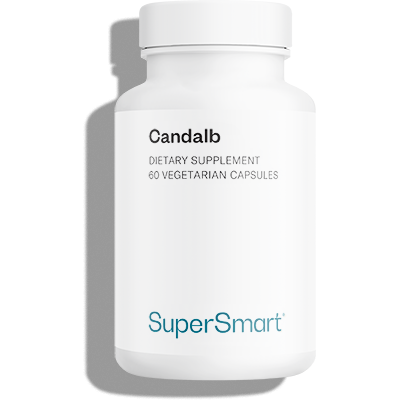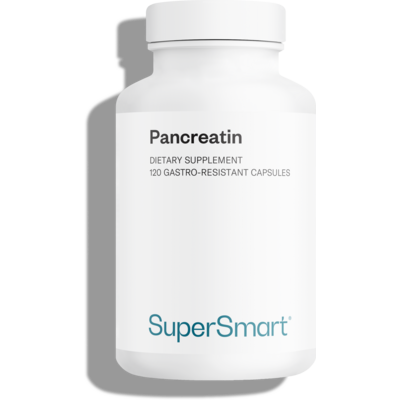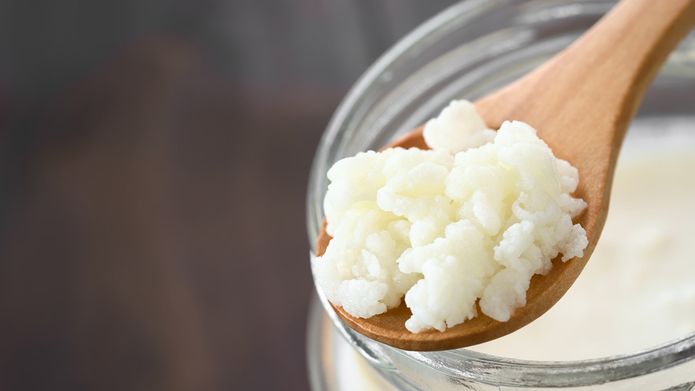Create Your Offer
Licorice root has a long history of use in traditional wellness practices focused on digestive comfort. Our deglycyrrhizinated licorice (DGL) extract provides selected components of whole licorice while removing glycyrrhizic acid, a compound associated with unwanted effects when consumed in excess. This makes DGL a suitable option for individuals seeking digestive support without those concerns.*
Features of Our DGL Supplement*
DGL contains naturally occurring plant compounds that have been studied for their role in supporting the integrity and comfort of the stomach lining as part of normal digestive function.*
Preclinical research has explored how certain compounds in deglycyrrhizinated licorice may contribute to maintaining a balanced digestive environment by supporting normal cellular signaling pathways involved in digestive tract wellness.*
DGL is also a source of plant-based flavonoids studied for their antioxidant properties, which may help support the body’s natural defenses against oxidative stress within the digestive system.*
What Has Research Explored About DGL?*
Scientific research has examined deglycyrrhizinated licorice in the context of digestive wellness and stomach lining support. These studies have explored its potential role in maintaining digestive comfort and supporting normal gastrointestinal function as part of a balanced routine.*
- DGL has been studied for its potential contribution to stomach lining comfort and overall digestive well-being.*
- Research has explored how DGL may help support digestive tract resilience in individuals exposed to everyday dietary and lifestyle stressors.*
- Certain flavonoids naturally present in DGL have been investigated for their role in maintaining microbial balance and normal digestive processes.*
This overview explains what deglycyrrhizinated licorice (DGL) is and how it is traditionally used to support digestive wellness. As with any dietary supplement, individual responses may vary.*
DGL Supplement Use & Considerations*
Deglycyrrhizinated licorice is generally well tolerated when used as directed. As with all supplements, individuals should consider personal sensitivities and existing dietary habits before use.*
Those with known sensitivities to licorice or who are taking medications may wish to consult a healthcare professional before incorporating DGL into their routine.*
Dietary supplements are intended to complement a balanced diet and healthy lifestyle. They should not be used as a substitute for professional medical advice or treatment.*
If any unexpected reactions occur, discontinue use and consult a qualified healthcare professional. Always follow label directions and use supplements responsibly as part of an overall wellness approach.*
WARNINGS
Do not exceed the recommended daily dose. This product is a nutritional supplement and should not be used as a substitute for a varied and balanced diet or a healthy lifestyle.
STORAGE
Store in a cool, dry place away from direct sunlight, heat, and humidity. Keep out of reach of children.
PREGNANCY AND MEDICAL CONDITIONS
If you are pregnant, breastfeeding, or have any medical conditions, consult your healthcare provider before using this product.
SUPPLEMENT INTERACTIONS
Consult your healthcare provider before use, especially if you are taking any medications or other supplements as there may be potential interactions.
Need Help?
Phone Number
+1 (786) 522-3907
From 9 am to 6 pm (EST)
Email Address
You May Also Like

